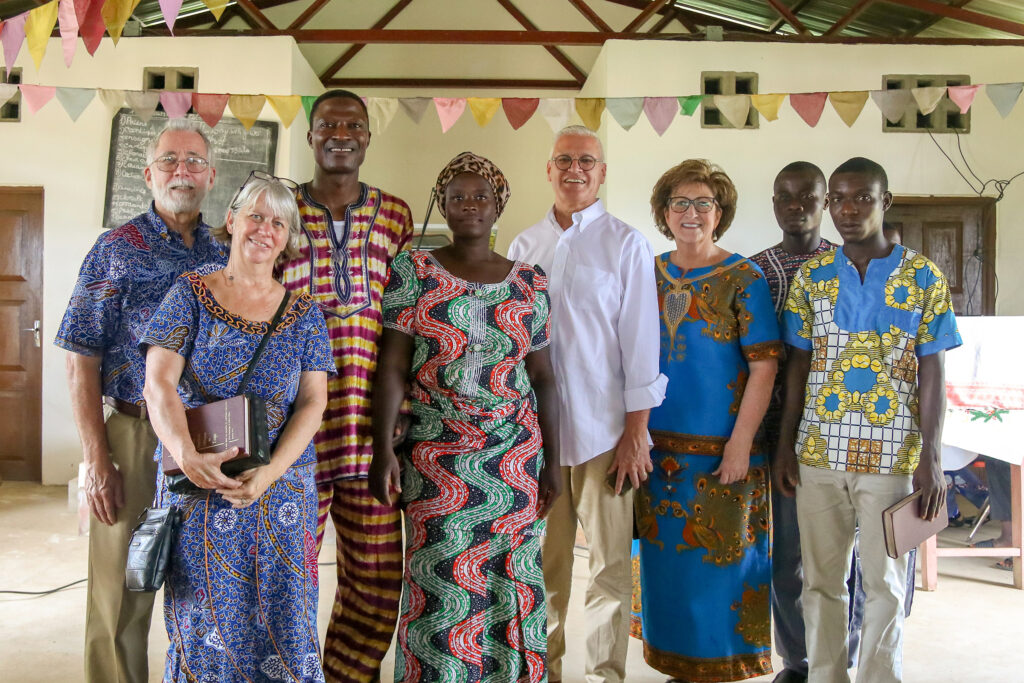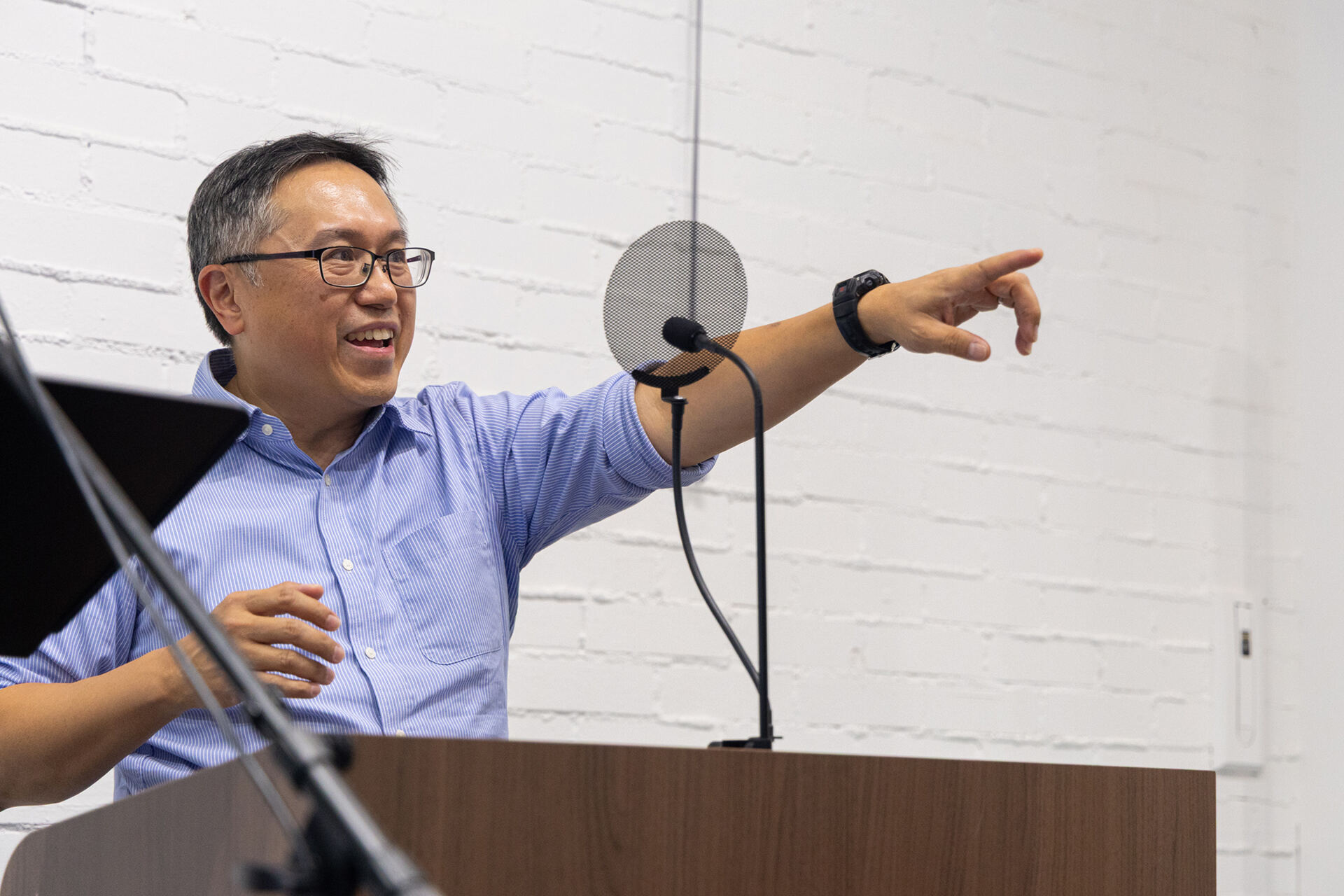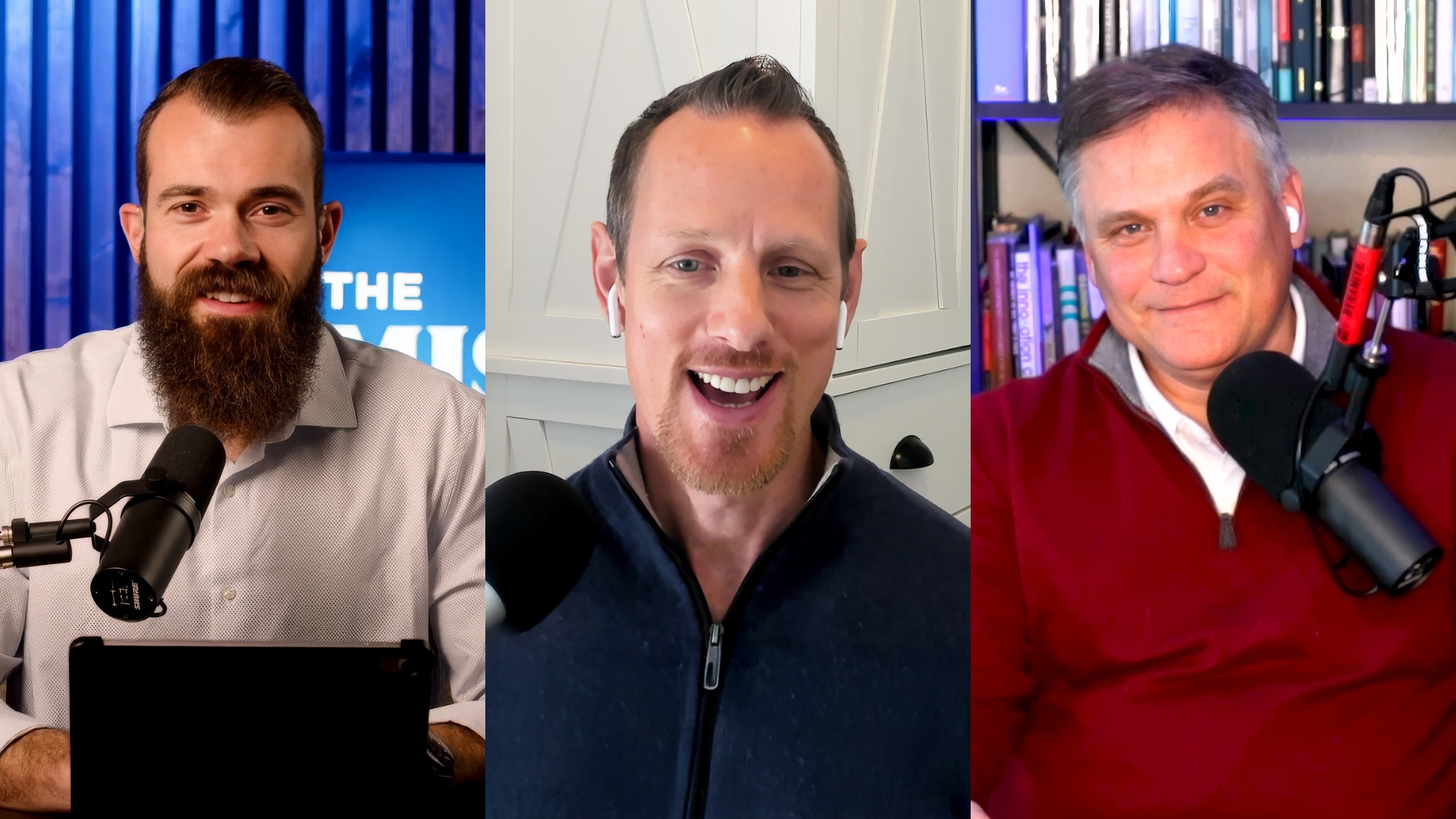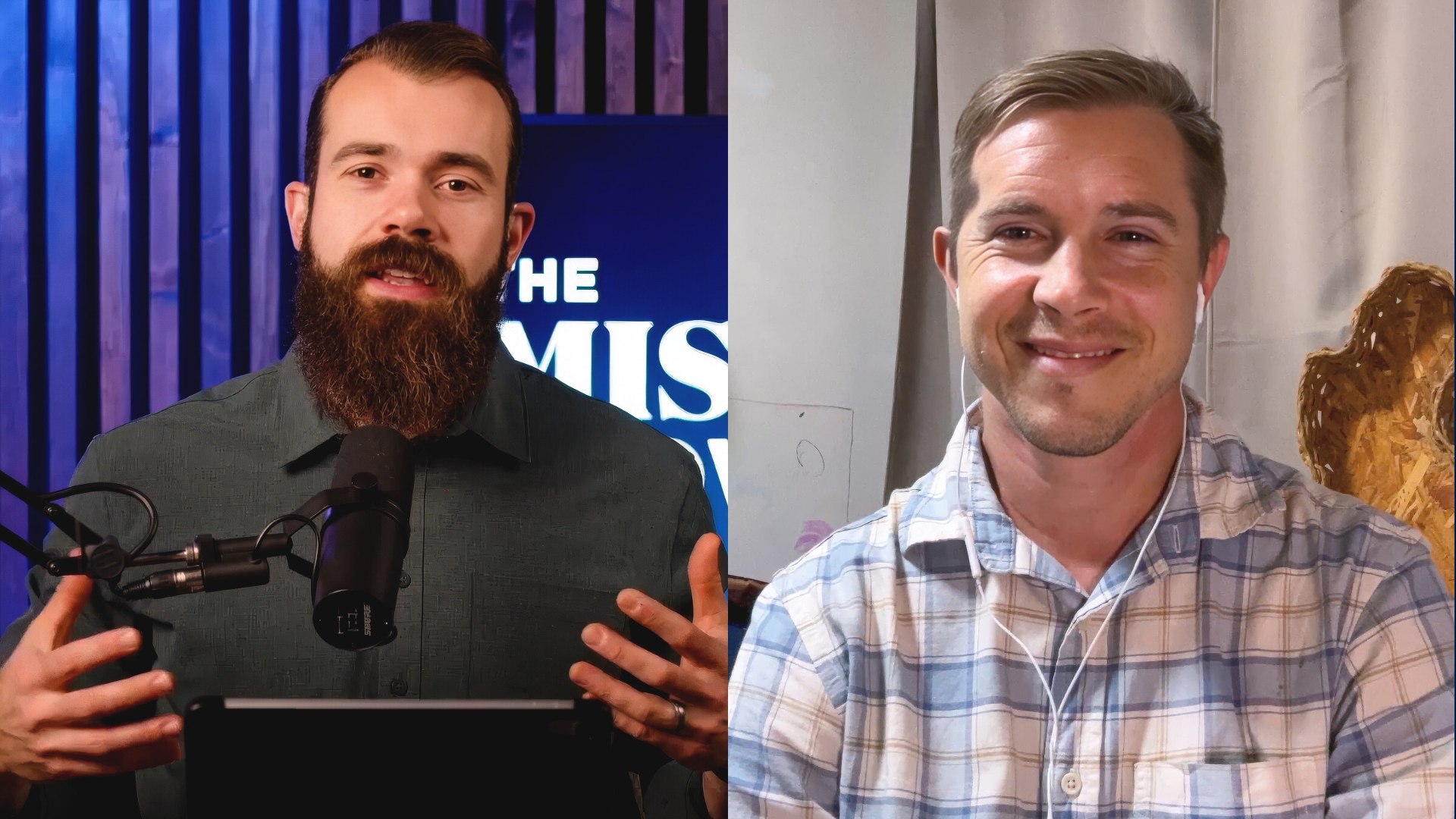As David and Debbie Woodard discovered, revitalizing dying churches can be a powerful means for reaching post-Christian nations.
Throughout 22 years as missionaries in England, the Woodards dedicated themselves to restoring and planting churches. The Lord then expanded their ministry as David was appointed ABWE’s regional director over Western Europe, and again as they returned to the US to serve consecutively as executive director of Europe and the Middle East/North Africa, vice president of Global Operations, and chief operating officer.
David and Debbie’s service to the ABWE missionary family led them to visit 70 countries before retiring in 2023 after 35 years of faithful missions ministry.
Q: How did your journey to missions begin?
When we were about 16 years old, two ladies preparing to serve in France spoke to the youth group we both attended about missions. They challenged us to be willing to give God first choice in our lives: to be willing to go wherever and do whatever the Lord called us to. We both surrendered to the Lord and thought that he would call us overseas young, but we never had peace about it.
In our early 30s, David had a thriving ministry as an associate pastor, and we both taught at a Christian school. We had two children and had just built a new house. During a missions conference, we began praying that the Lord would call some of our students to the mission field, but as we prayed for them, the Lord put it on our hearts to go then ourselves.
Q: How did you serve churches throughout your career in England?
We started out in church restoration, going into very old historic Baptist churches in England in danger of closing and starting the process of revitalizing them. We moved around the country restoring two existing churches and planting two new churches throughout our 22 years in England.
Q: One of the churches you restored was originally started through the ministry of well-known preacher Charles Spurgeon. What was the history of that church, and how did you revitalize it?
The first church we restored was started in the 1800s by two of Charles Spurgeon’s students sent out from the Metropolitan Tabernacle in London to plant a village church in Chipping Sodbury. For the 60 years prior to our arrival, the church had no full-time pastor. A rotation of circuit-riding preachers led Sunday services, traveling first on horses and then by bicycle and car as the years progressed. Attendance decreased until only a faithful handful of people in their 80s remained.
When we agreed to restore that church, and others like it, we worked with the members left in the church to find out the specific challenges and determine the path forward. We looked at all aspects of the church—like facilities, church constitution, hymn book, and the order of service—and wrote a contract for what we were going to change. Then, we planned four big evangelistic events during the year and four smaller evangelistic events. When the congregation grew large enough, we brought in a young British couple that we would mentor and gradually turn that ministry over to them and move on to a new church. This strategy worked really well for us.
Q: How did your work in church restoration differ from church planting?
There are three great advantages of church restoration over church planting. First, you start with a core group of people who have been in that church, many of them for decades, and have paid the price to keep that church open. Second, you already have a church building and property. Third, you gain instant credibility as the leader of a church that was once established in the community.
Q: What is a highlight from your ministry in England?
In our church restoration at Great Whyte Baptist Church, we saw such hope and transformation of people’s lives.
We had one young man come to Christ after he saw his coworker, a friend of ours named Daniel, reading a book every day at lunch. When he found out it was the Bible, he asked Daniel to start reading it aloud. Daniel invited him to the Christianity Explored ministry we had begun at our church using Rico Tice’s video series. We would invite non-Christians to a midweek service with a meal and an evangelistic film, with discussion afterward.
One of the videos talks about how churches in England were built with stained-glass windows so the people who were illiterate at that time could learn Bible stories through the illustrations. When this young man heard that history, he said, “I’ve never been in a church, and my parents and grandparents never went to church. But every day I see Jesus through my coworker. He is my stained-glass window.” We thought that was the coolest thing ever.
Q: What are the challenges and blessings of serving in a post-Christian nation?
In England, it has been many generations since there was any real Christian influence permeating the culture. You rarely see a Bible, and people haven’t heard of biblical figures like Adam and Eve. When you’re working with a society that has no background in Christianity, you have to re-gear your thinking and your speech for people who have no reference point for the language we would use in church.
Working in a post-Christian society requires slowing down, not expecting that people will get saved or discipled very quickly. You have to invest your life with them, putting time into relationships to earn the right to share about Jesus. People usually need to feel that you really care about them before they will respond to the gospel.
One of the blessings is that you’re making such a difference in society. It’s a blessing to share the gospel with current generations who have never heard it before and to see the Holy Spirit work in their lives.
Q: How did serving in Europe prepare you for ministry in the US?
Coming from a small southern town, we had a very narrow view of Christendom. Serving overseas gave us a better understanding that the world-wide church is so much bigger than what we were used to.
Our experiences around the world also helped us to counsel, direct, and recruit new missionaries. Because we had learned many different cultures, we could help others figure out the best fit for their future ministry.






